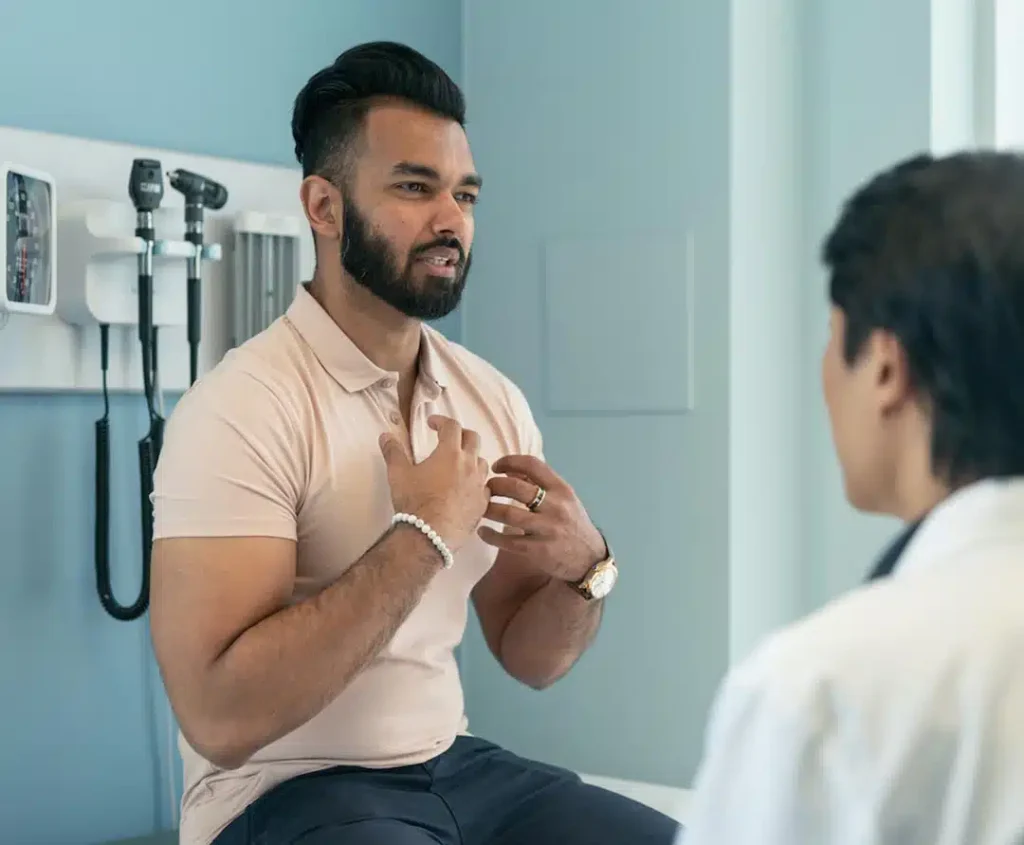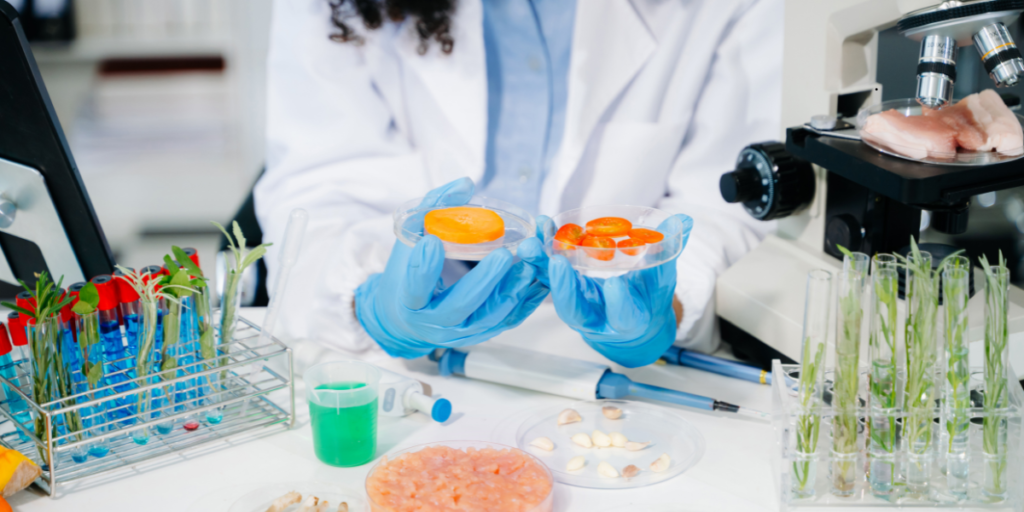Wondering if you have low testosterone?
Low testosterone in men can affect many aspects of life. In this article, you’ll learn what can be affected, some common symptoms, and then we’ll answer some of the FAQs.
Rediscover Your Vitality
What is affected by Low Testosterone in Men?
Low testosterone (or testosterone deficiency) is when the body isn’t able to make enough testosterone to work normally. Because testosterone is the major androgen, it’s key not just for the physical changes that happen during puberty (like the development of the penis and testicles and the growth of body hair), but for your bone and muscles, sex drive, and your general mood.
Your testosterone levels are at their highest between the ages of 20 and 30. As you age, you’ll experience a small, gradual drop in testosterone levels. You might have a greater drop in testosterone levels if you’re overweight or have other long-term medical problems.
What Are The Symptoms of Low Testosterone in Men?
- Mood changes (low mood and irritability)
- Poor concentration
- Low energy (lethargy, low stamina)
- Reduced muscle strength
- Easily fatigued
- Increased body fat
- Decreased libido (low interest in sex)
- Difficulty getting and keeping erections (uncommon)
- Low semen volume
- Reduced beard or body hair growth
- Gynecomastia (breast development)
- Hot flashes, sweats
- Osteoporosis (thinning of bones)
What Causes Low Testosterone in Men?
Low testosterone, also known as hypogonadism, occurs when the body doesn’t produce enough of this vital hormone. This deficiency can stem from issues in the testicles, where testosterone is produced, or disruptions in hormone signaling from the brain.
Causes of low testosterone can range from genetic conditions affecting hormone production to various medical conditions that may not seem directly related, as well as physical damage to the testicles. Furthermore, it’s noteworthy that testosterone deficiency can also manifest as a consequence of using anabolic steroids, impacting hormone levels and overall health.
Discover Your Personalized Path To Optimal Health.
What are the Treatments for a Testosterone Deficiency in Men?
Medically-diagnosed testosterone deficiency is treated with hormone replacement therapy (HRT), which is prescribed by a doctor. Once started, testosterone replacement therapy is usually continued for life and needs to be checked regularly.
If you have diabetes and testosterone deficiency, it’s best to get treatment for your diabetes and any other illnesses first, as this might return your testosterone levels to normal.
If you’re overweight, weight loss and a healthy lifestyle might help to improve your testosterone levels.




